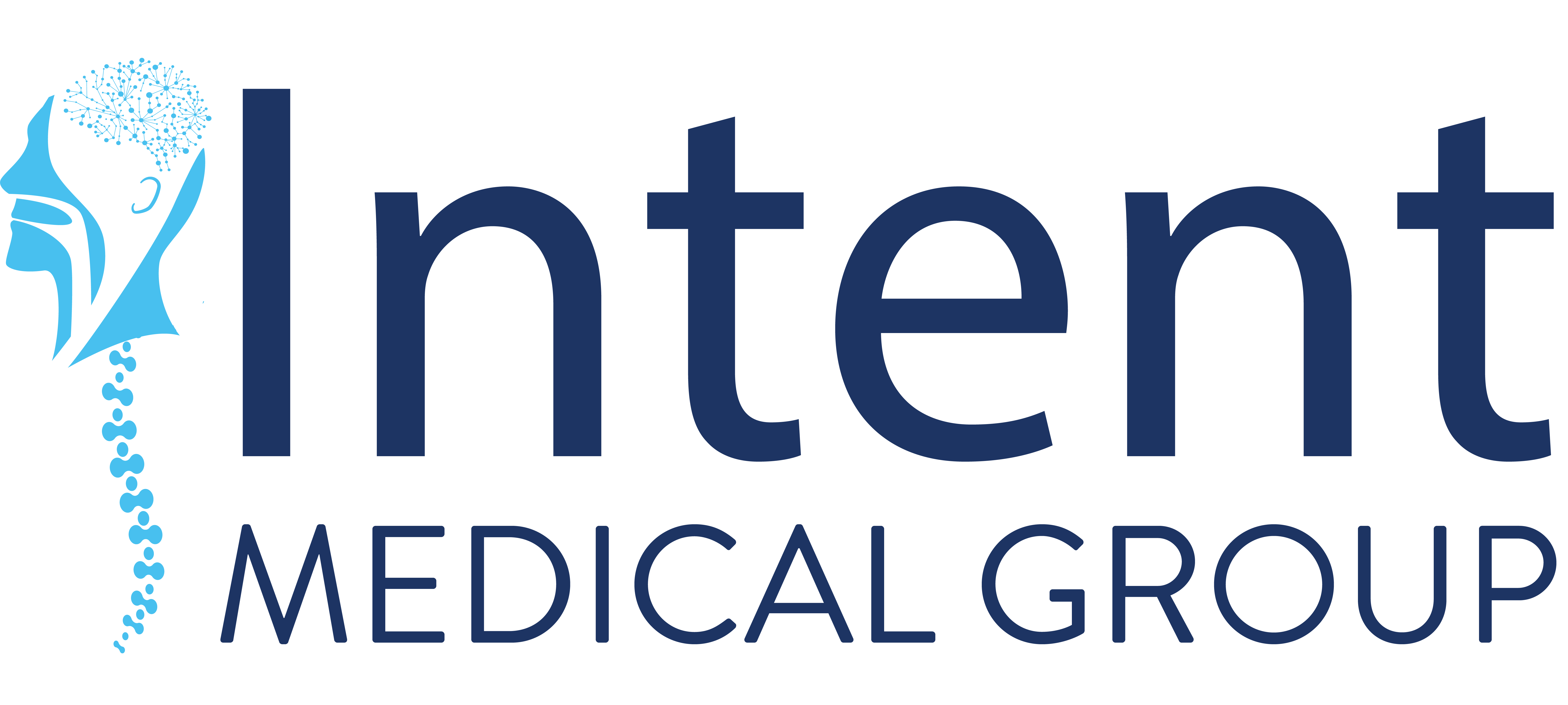Sleep Surgery
Sleep surgery is a subspecialty of ENT. Obstructive sleep apnea is a common problem affecting over 10% of the American population. Obstructive sleep apnea affects long-term mortality and puts strain on both the heart and lungs. While the standard of care is CPAP (continuous positive airway pressure), as many as 50% of people do not tolerate the device for a variety of reasons. As a result, other treatment options can be employed such as sleep surgery and oral devices that advance the jaw forward. A proper diagnosis is important and typically requires a full assessment, nasal endoscopy, and a drug-induced sleep endoscopy.
Drug-induced sleep endoscopy
This is a type of endoscopy completed in the operating room with anesthesia, but without intubation. A patient with obstructive sleep apnea is put on a specific and gentle regimen using propofol until they fall asleep. Once asleep, an endoscope is placed in the nasal cavity to view the nasopharynx and velopharynx and see where the collapse is occurring. This can help guide which surgery may be appropriate to help improve the person’s obstructive sleep apnea.
Hypoglossal nerve stimulator
The hypoglossal nerve stimulator is a device designed to stimulate the inferior branch of the hypoglossal nerve to contract the tongue and bring it forward while a person sleeps. The stimulator is completely implanted into the upper chest with a wire attached to the nerve. The device is then remotely controlled to turn on when the patient is sleeping. This approach has been used worldwide for several years, with over 70,000 people implanted and exhibiting favorable results.
